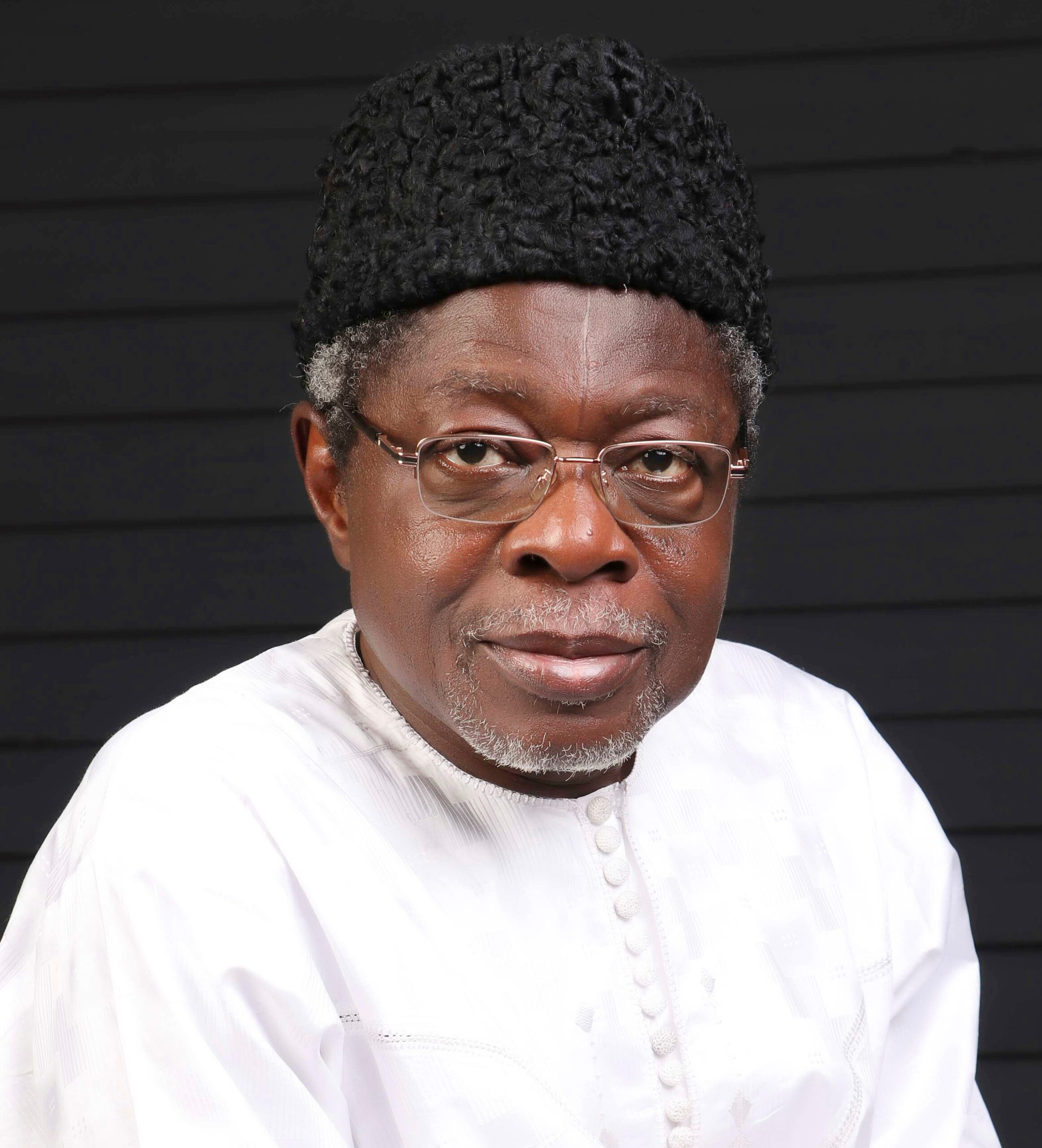As reporters and analysts, we must inform, based on trends, and where possible, raise the alarm, hoping that those in authority will heed. In 2018, six years ago, that was what I did. And so, this is just a rehash of my article “Insecurity, the North under siege” written on this page on 24 December 2018.
Perhaps those concerned did not read it or they were unmindful because they were safe or just that they did not care. Well, now Abuja is a town gasping for breath from the stranglehold of criminals. Read on:
The Boko Haram insurgents, once touted as ‘technically defeated’ by no other than President Muhammadu Buhari, are now technically re-surging and giving a bloody nose to our soldiers, killing them and civilians in droves, sacking military bases and villages in the North East and packing away weapons and prisoners of war consisting of soldiers and civilians, especially women to assuage their lust.
The war against the Boko Haramites in the North East seems to be losing steam and one is concerned as to question why. Is it because of exhaustion, war weariness or lack of ideas on how to confront them? Is it the lack of morale among our fighting force? Or lack of weapons coupled with inadequate training? Or is it a bit of all this?
When looked at properly, the Boko Haramites do not have the formal military training our army has, even though some abducted soldiers may be teaching them some military tactics under duress – which may account for their confidence in confronting the Nigerian Army. Because when you look at the videos they release, you do not see them with weapons that are more sophisticated than those of our soldiers.
In the North West, armed bandits, perhaps Boko Haram with a different face, are threatening to take over Zamfara State. The state is almost under their control. They move freely, heavily armed, collect tax from villagers for protection, ransack communities at will, kill, maim and take as many as they can with them for ransom. The bandits can come to a marriage gathering and just demand for the bride and she would be handed over to them. They also abduct women and girls, converting them into sex slaves.
The North Central has become a traveller’s nightmare from Rijau to Birnin Gwari and Gwanin Gora to Rijana through Kaduna and down to the suburbs of the Plateau. One travels at one’s own risk as even four-star generals are being killed at will. Herdsmen kill every moving object and sack villages, burning everything down to ashes. Kidnappers are also having a field day. Are some of them, especially the herdsmen and kidnappers, another face of Boko Haram getting the much-needed cash?
Hardly can one confidently travel from one town or village to the next once it is 7 pm. Travelling by road even in broad daylight is embarked upon with trepidation. Journeying by plane is no longer for luxury as for safety.
Our security apparatus possibly needs a total overhaul and assistance from elsewhere. There has to be a synergy between the different actors, modern policing methods and the revival of community policing.
On November 1, 2021, writing under the title, “Of Wachakal Airport, Wastage and the Bandits in Government,” I said: “Now one can see how both those who, through corruption, have brought insecurity upon us and the innocent, who find travelling between Abuja and Kaduna safer through the trains, are now jittery because the products of wastage have turned their evil towards the rails.”
In October last year, they failed to stop a train after they laid explosives on its tracks. Witnesses say that time, the train hobbled on to its destination afterwards. But five months later, they hit the bull’s eye. On the same route, on Monday, March 28, this year, they stopped one heading for Kaduna from Abuja by bombing its tracks and shooting sporadically into it, forcing it to come to a halt. They killed many passengers and abducted dozens. Less than a week earlier, they had stormed the Kaduna airport, killing an official on the runway. Monday’s train attack was the second in six months last October.
Since its launch in 2016, the train has presented an alternative means of movement between Abuja, the nation’s capital, and Kaduna as the “bandits” had taken over the roads along the route. It was not surprising to see military and police rednecks, top government officials and political holders being driven to the railway stations in convoys of well-armed security men for the 200-kilometre journey by train or being picked up after arrival.
These bandits-cum-Boko Haram number in the tens of thousands but go around in dozens, sometimes more. Unchallenged, they invade towns and villages mostly on motorcycles – and sometimes on horses, and always well-armed.
Just last week, contributing to a debate on establishing a national task force to combat insecurity, the deputy speaker of the House of Representatives, Idris Wase, cried out over how kidnappers and bandits have taken over his constituency, Wase Federal Constituency of Plateau State.
“Virtually every day in my constituency, I have one kidnap report or the other — every day,” he lamented.
We have always seized the opportunity to point out that apart from other parts of the country, “Abuja, the nation’s capital, is itself not exempt. Bandits operating in Niger State to the West, Kogi to the South, Kaduna to the North and Nasarawa to the East have sandwiched Abuja and there is a need for a clinical onslaught against them. The Fulani settlements in these areas have to be forensically combed. Quite a few of the rugas around Kuje, Lugbe, and close to the Nnamdi Azikiwe International Airport are alleged to be used by bandits to store weapons.”
Within the town itself, you move at your own risk because hoodlums have taken over major spots. Robbery attacks are recurring decimals in dark places, especially on bridges, wooded spots and pedestrian crossings.
The ever-busy Apo-Maitama expressway and pedestrian bridges and roundabouts at Area One and Wuse Market area to Zone 7 down to Berger and up to the Abuja-Kubwa-Kaduna expressway are some of the major areas frequented by criminal elements, and from City Gate to Gwagwalada is one dangerous habitat of these criminal elements.
However, while the criminals keep upgrading in silence, our security agencies believe in public shows. You see their heads gathering the press and boasting of “formulating” new tactics and acquiring “devastating” weapons to “deal” with criminals and the next day, the criminals continue their business as if to prove they own the narrative.
Hassan Gimba is the Publisher and Editor-in-Chief of Neptune Prime.







